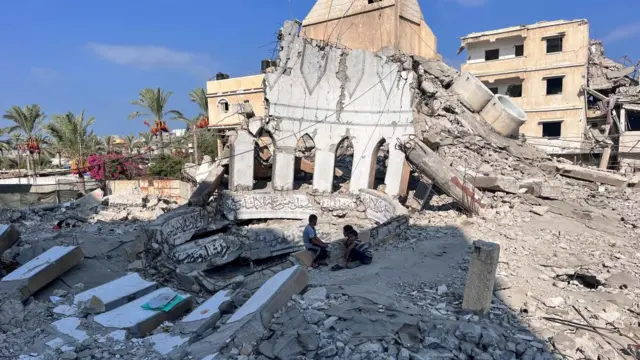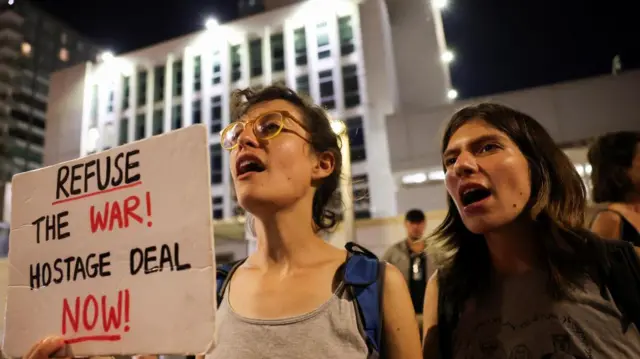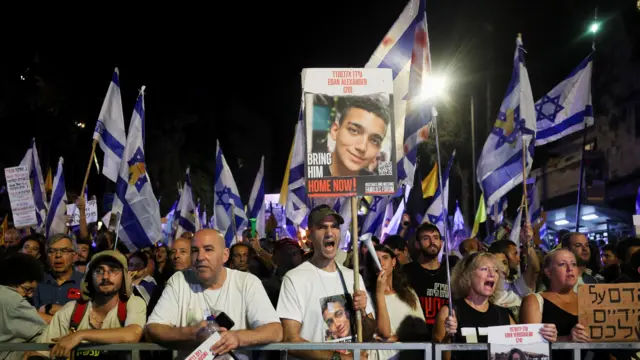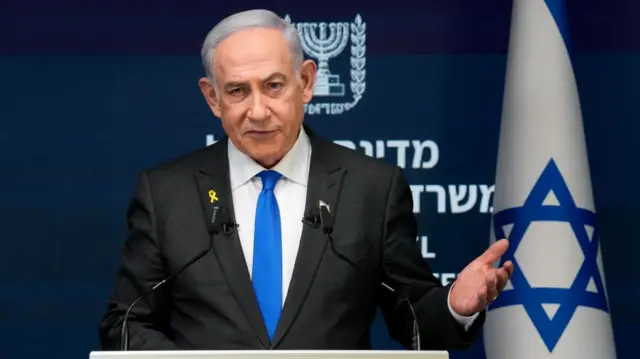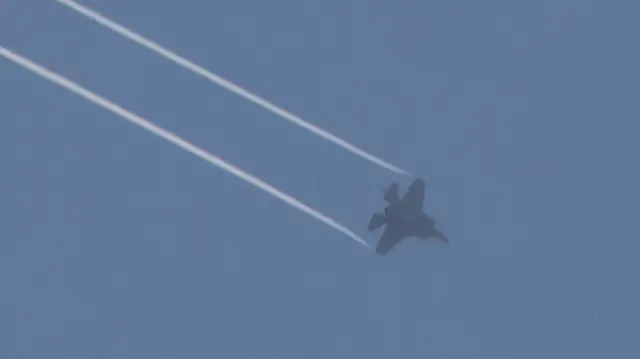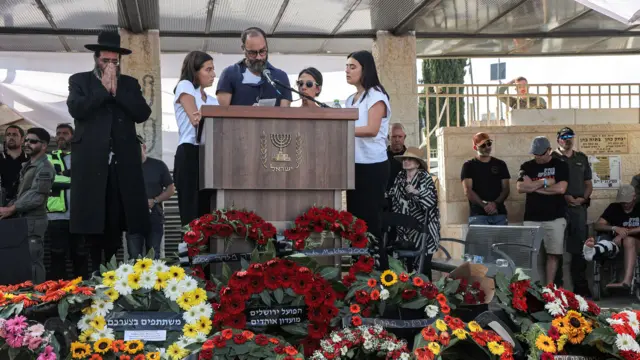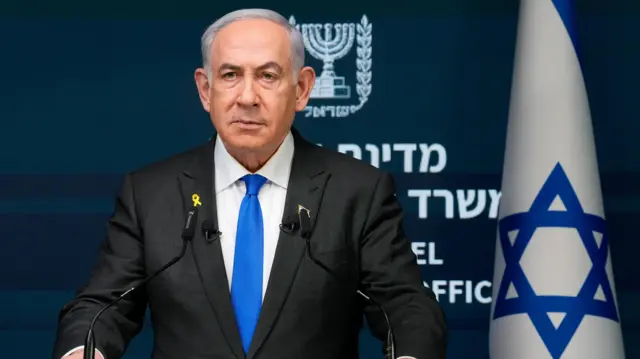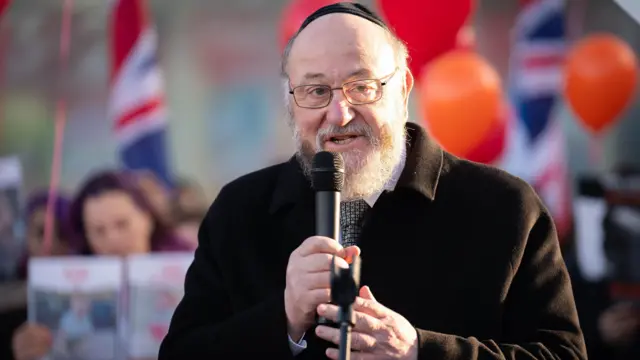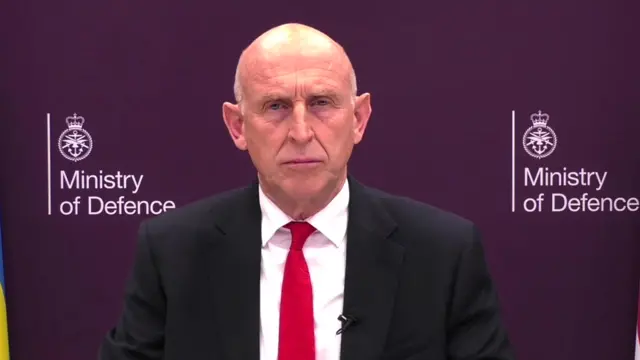
UK government tightrope walk risks satisfying no-onepublished at 11:20 BST 3 September 2024
 Henry Zeffman
Henry Zeffman
Chief political correspondent
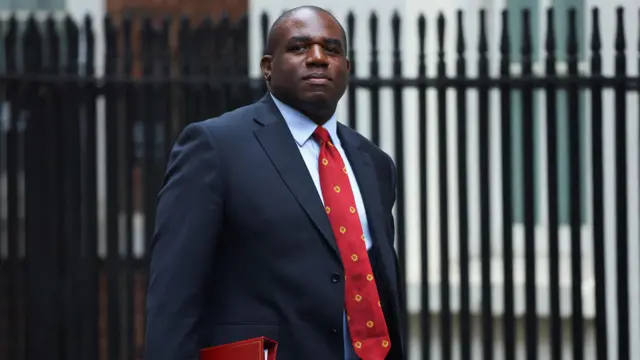 Image source, Reuters
Image source, ReutersThe government is trying to walk a delicate tightrope on the question of arms exports to Israel.
That was clear from Foreign Secretary David Lammy’s announcement in the House of Commons yesterday. It’s even more clear from the interviews given by John Healey, the defence secretary, this morning.
On the one hand, the government wants to show that in following what it says was clear legal advice it is committed to upholding international law, that it has concerns about the humanitarian situation in Gaza, and is willing to deliver difficult messages to a close ally.
On the other hand by only suspending about 10% of the export licences, which in any case most people accept make up a minuscule part of Israel’s defence, the government wants to make clear that it is not imposing an arms embargo and that it continues to stand behind Israel’s right to self-defence.
The political risk in trying to do just about enough not to alienate people on all sides of this argument is that the government might end up not doing enough to satisfy anyone.
Listening to criticism from within the Labour movement this morning, both from those who think the government should have suspended all licences and those who think it should have suspended none, that feels like the direction things are moving in.
